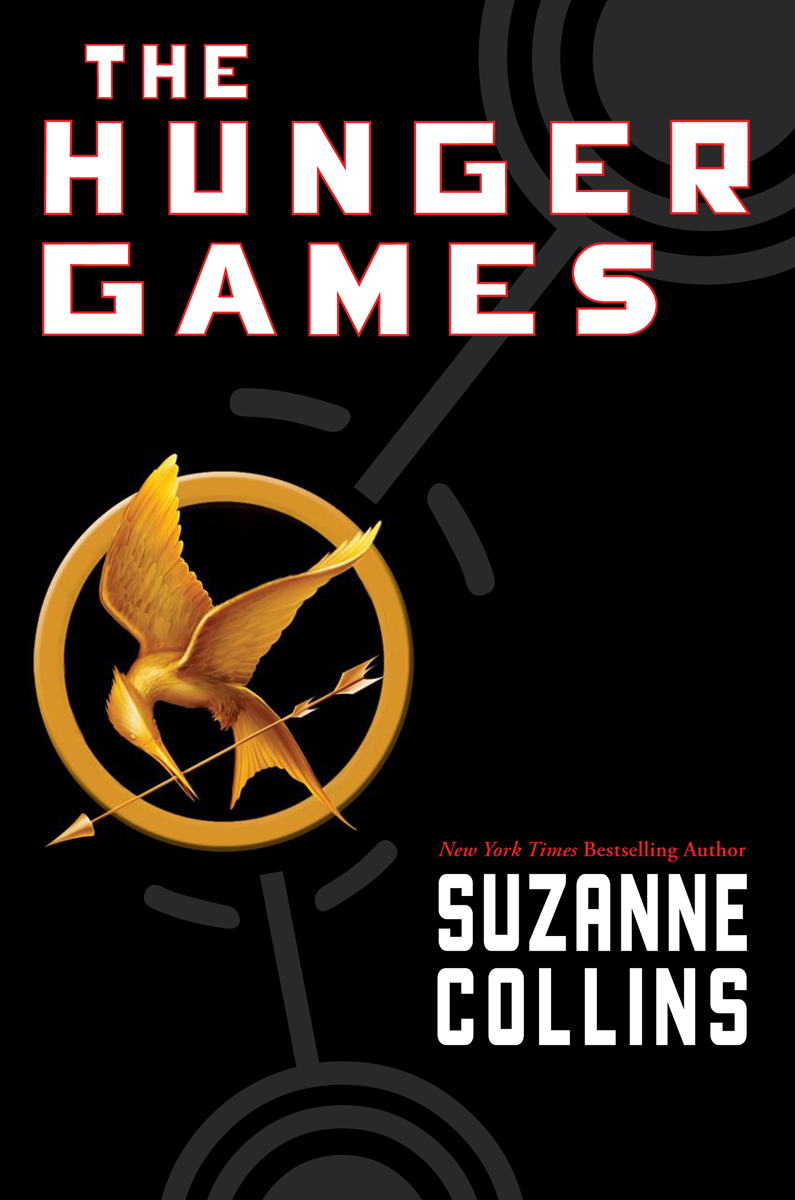Suzanne Collins’ novel, “The Hunger Games” was released last year as the first installment of the series. Despite being written for young adults, the storyline and themes of the book are very mature and appeal to a wide audience.
The book revolves around 16-year-old Katniss Everdeen, a teenager living in a drastically different version of the U.S.. called Panem. In her world, the country is divided into 13 districts, 12 of which are inhabitable. Katniss lives in District 12, which is also one of the poorest places. She is forced to illegally hunt for food in the forest to keep her family from starving, and has been doing so since her father died years before in a coal mine explosion, and her mother stopped being capable of caring for the family in her grief.
The districts of Panem are ruled by the Capitol, which the people tried to rise up against years before. As punishment for the uprising, every year the Capitol holds The Hunger Games, a fight to the death between two randomly chosen children, a boy and a girl, from each district. The Games serve as a reminder of the Capitol’s authority, as only one of the 24 children returns alive. The winner of the games and his, or her, family is taken care of for the rest of their lives, making the incentive to win that much more appealing, especially for starving districts.
When her 12-year-old sister is drawn for the Games, Katniss volunteers to go in her place, and she’s entered with Peeta Mellark. Over the course of their training, Katniss finds herself caring about the boy she has to kill to survive, and that is just the beginning of the moral dilemmas presented throughout the book. The Games are like a warped version of “Survivor,” and every movement the players make is caught on film and broadcast to the world, especially every death.
“The Hunger Games” is the ultimate page-turner, not only because it’s easy to read, but also because the plot is fast-paced and the need to know what happens next and how/if they will survive is insatiable. Katniss is a complex, slightly frustrating character to follow, and the power of the Capitol is a fascinating dimension of the story that grows in importance toward the end. The closer the reader comes to the end of the novel, the more twists and turns present themselves, leading to an unsatisfying, unresolved ending – an ending that quite literally leaves the reader “hungry” for more.
If there are any complaints to be found, it is only that the writing is fairly simplistic. Readers who enjoy complexity in the way a novel is written won’t find much of that here, but the plot and characters make up for it.
Collins’ novel is as much fantasy as it is a cautionary tale, or a glimpse of how far our obsession with reality television and the rise of governmental power could go. “The Hunger Games” is a story of survival, romance, friendship and rebellion on a battlefield.
And that’s just the first book.
